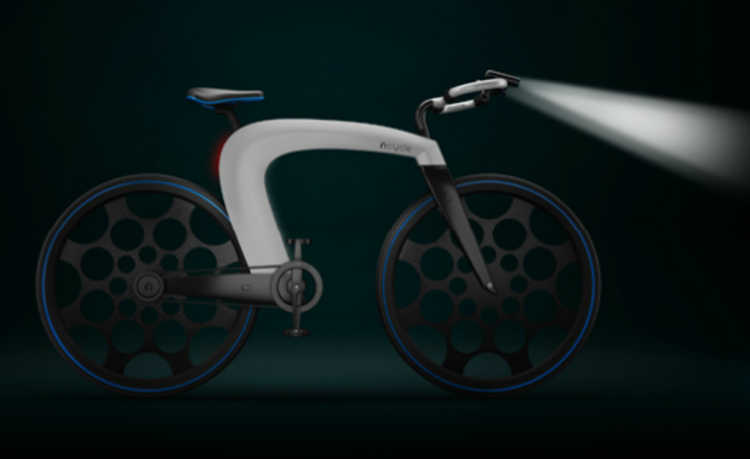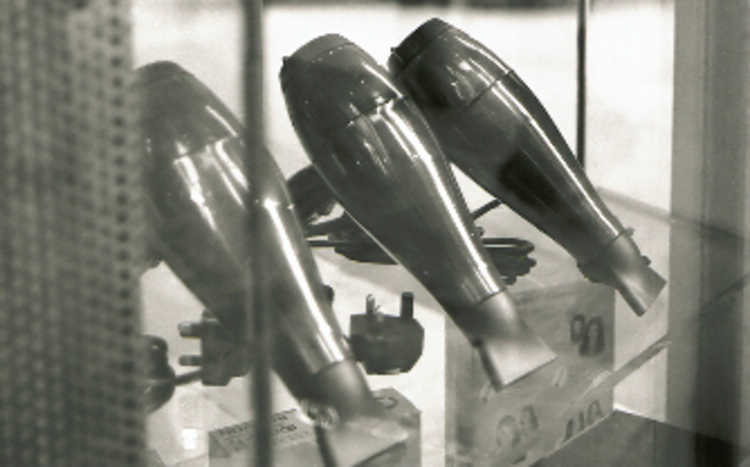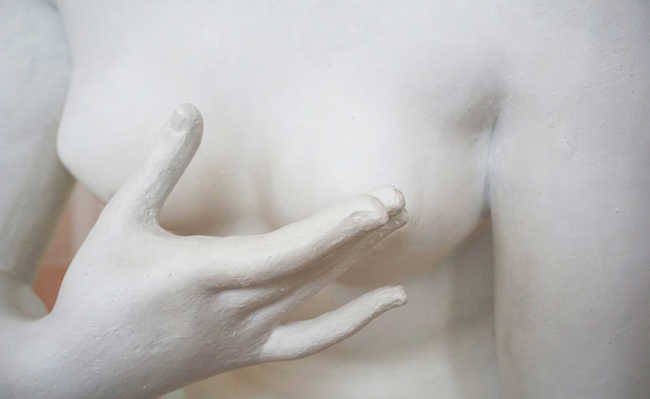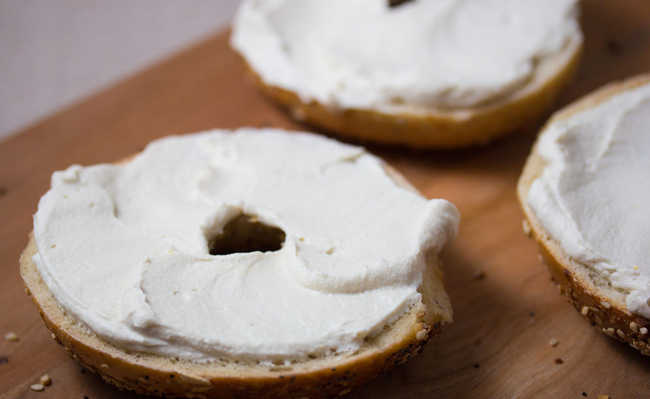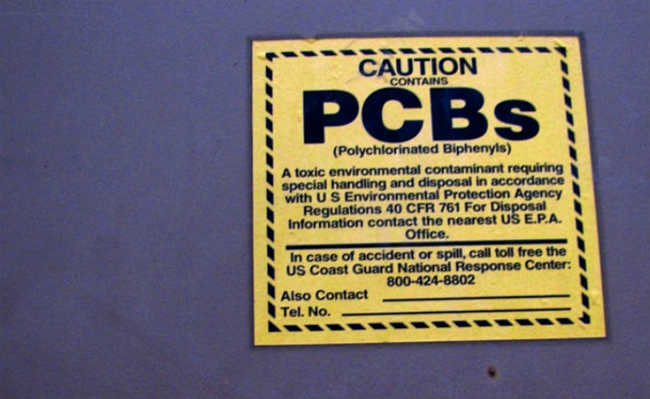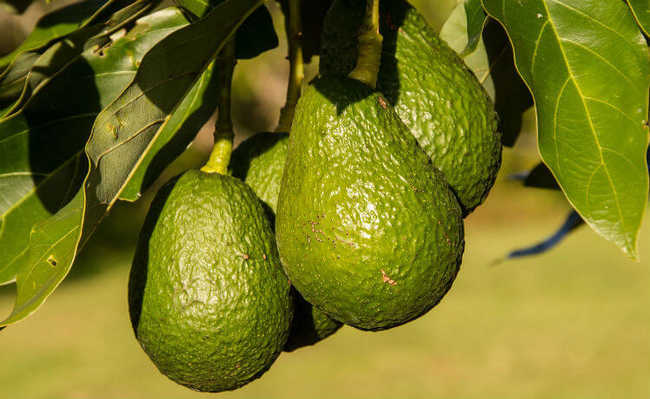Hiccup: possible causes and how to end it
Learn what causes hiccups, what the different types are, and learn about hiccup remedy options that really work.

Hiccup is a very unpleasant spasm that everyone has felt at some point in their lives. It is caused by the closing of the glottis (responsible for the passage of air to the lung) accompanied by an involuntary contraction of the diaphragm, the muscle that separates the chest from the abdomen. Although it seems like something quite complex, the hiccup is usually very momentary: just as it comes, it goes away.
Little is known about the causes of these spasms. When it comes to a normal hiccup, the reasons can be linked to eating quickly and in large quantities or drinking carbonated drinks. Some studies also point out that sudden changes in temperature, smoking, alcohol, anxiety and stress are possible causes for the disorder. When hiccups are more persistent, treatments are more complex.
The types of hiccups fall into two main categories: the episodic and the persistent ones. As the names indicate, the first is a "normal" hiccup, resulting from the factors mentioned in the previous paragraph. The second is usually the result of some pathology. Unlike episodic, it can last for days. Albert Einstein Hospital surgeon doctor Sidney Klajner says that “little is known about the incidence of persistent hiccups. Only a few studies have shown that more than 200 cases were mostly in elderly males and with associated diseases”.
After all, is there a remedy for hiccups?

Image: Johnny McClung on Unsplash Episodic hiccups can be treated even at home. Some of those sympathies passed down from generation to generation are not as erroneous as you think. Find out how to get rid of hiccups using some homemade techniques that work as a remedy for hiccups:
- Swallow a spoonful of sugar: By doing this, you will be overloading one of the nerves in your mouth with a sweet sensation that will "distract" your brain with other reactions (do not use this option if you are a diabetic!);
- Getting a scare: When getting a scare, the body releases adrenaline, which causes the phrenic nerve to return to normal and stop the hiccup;
- Hold your breath: When you hold your breath, carbon dioxide builds up, reaching a level that makes the phrenic nerve go back to work (this also occurs when breathing into a paper bag);
- Smell pepper: the smell will make the body feel the need to sneeze and will make the hiccups stop;
- Place your knees bent against your chest: this relieves the pressure inside your stomach - pulling your tongue to induce vomiting can have the same effect (although it can be quite unpleasant);
- Drinking or gargling water: soothes and distracts the phrenic nerve with a new activity.


